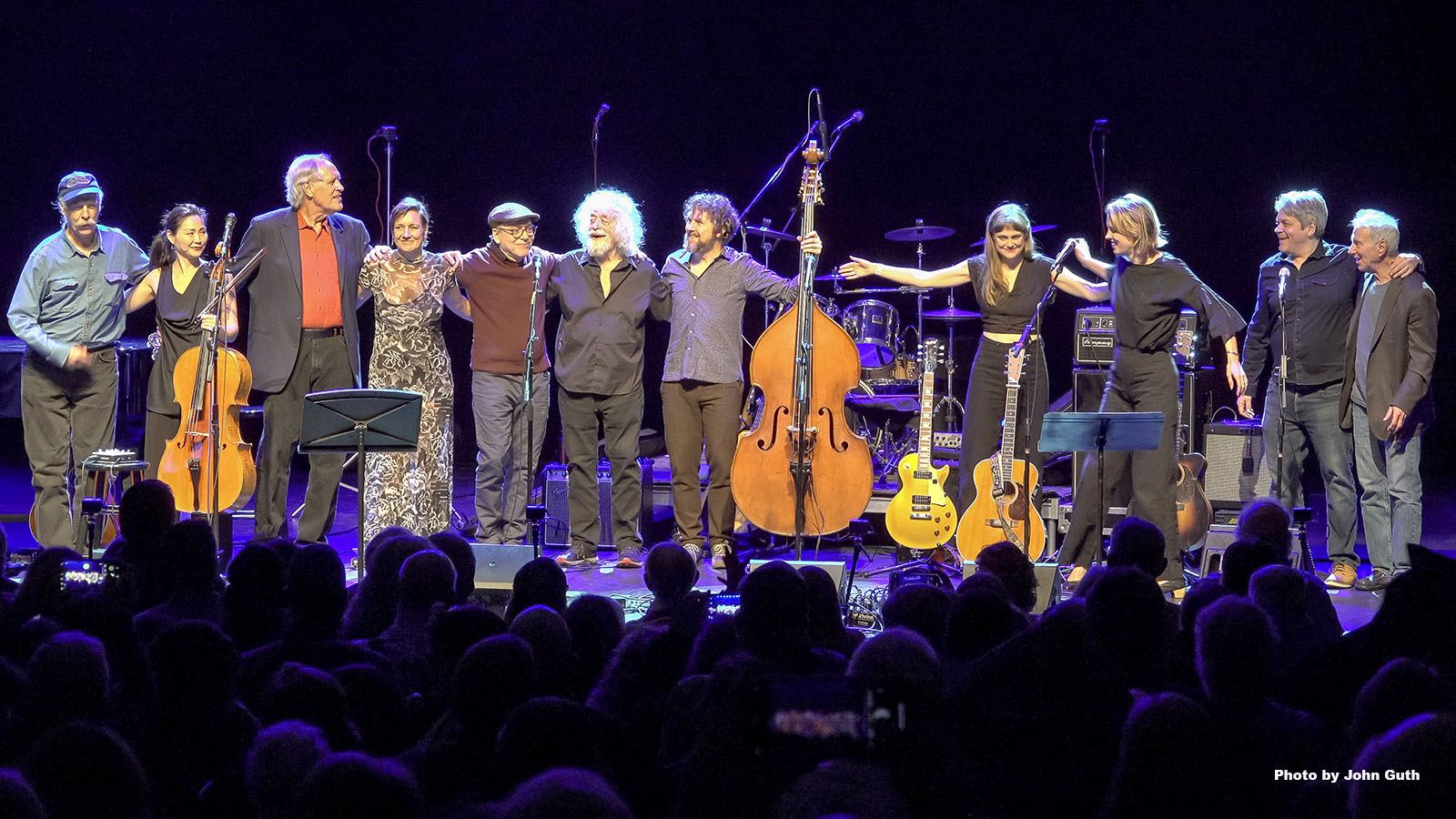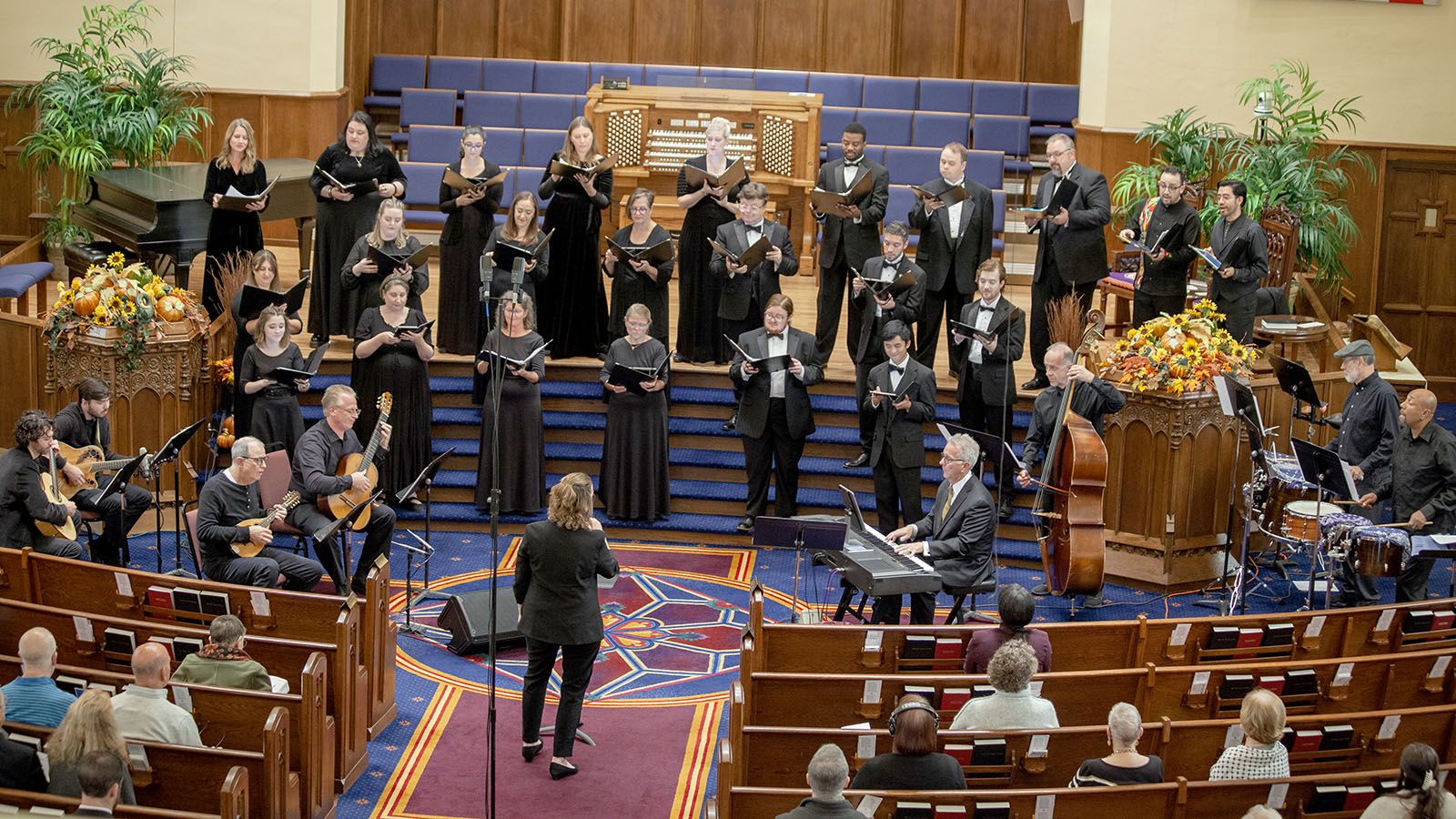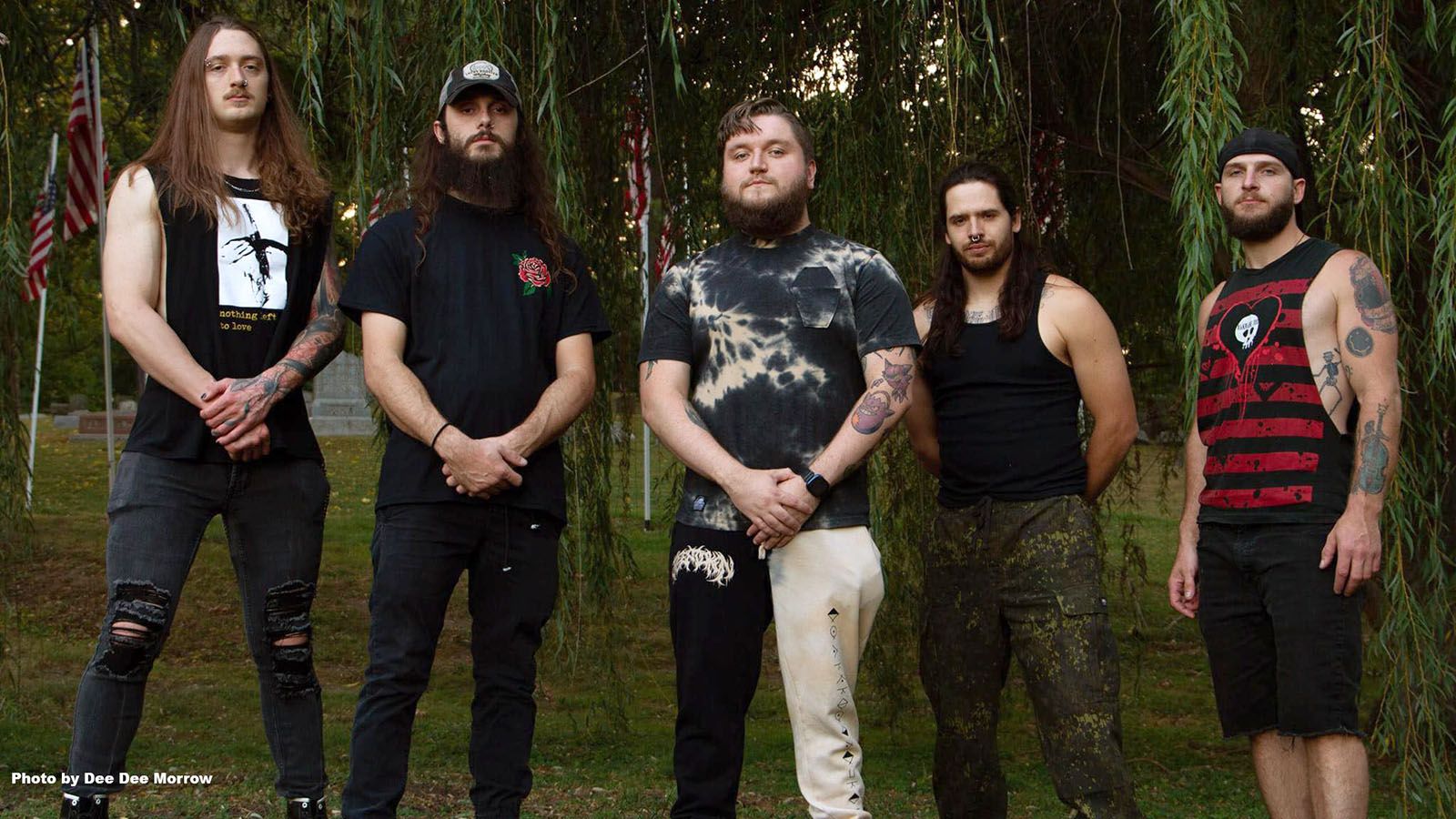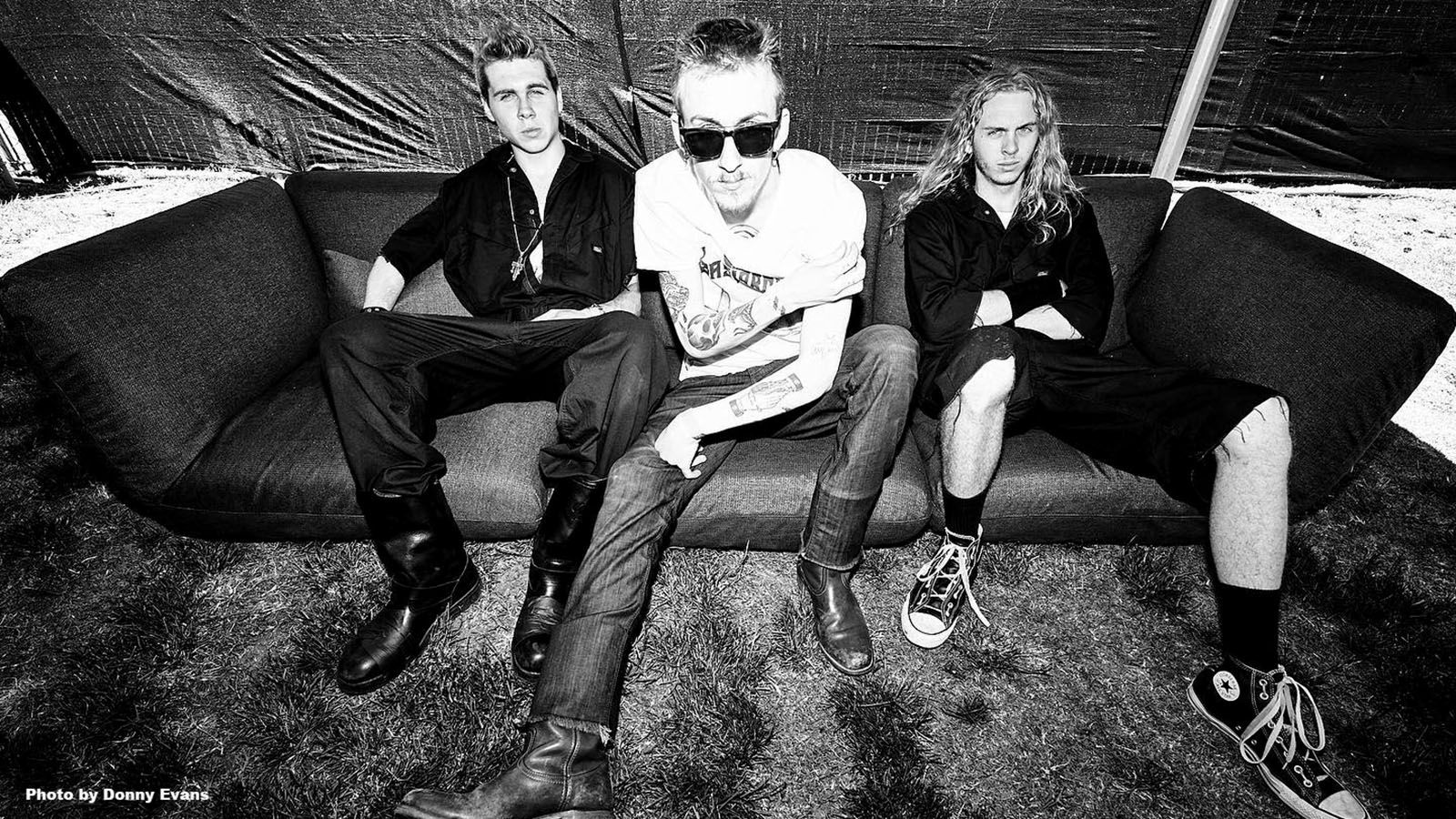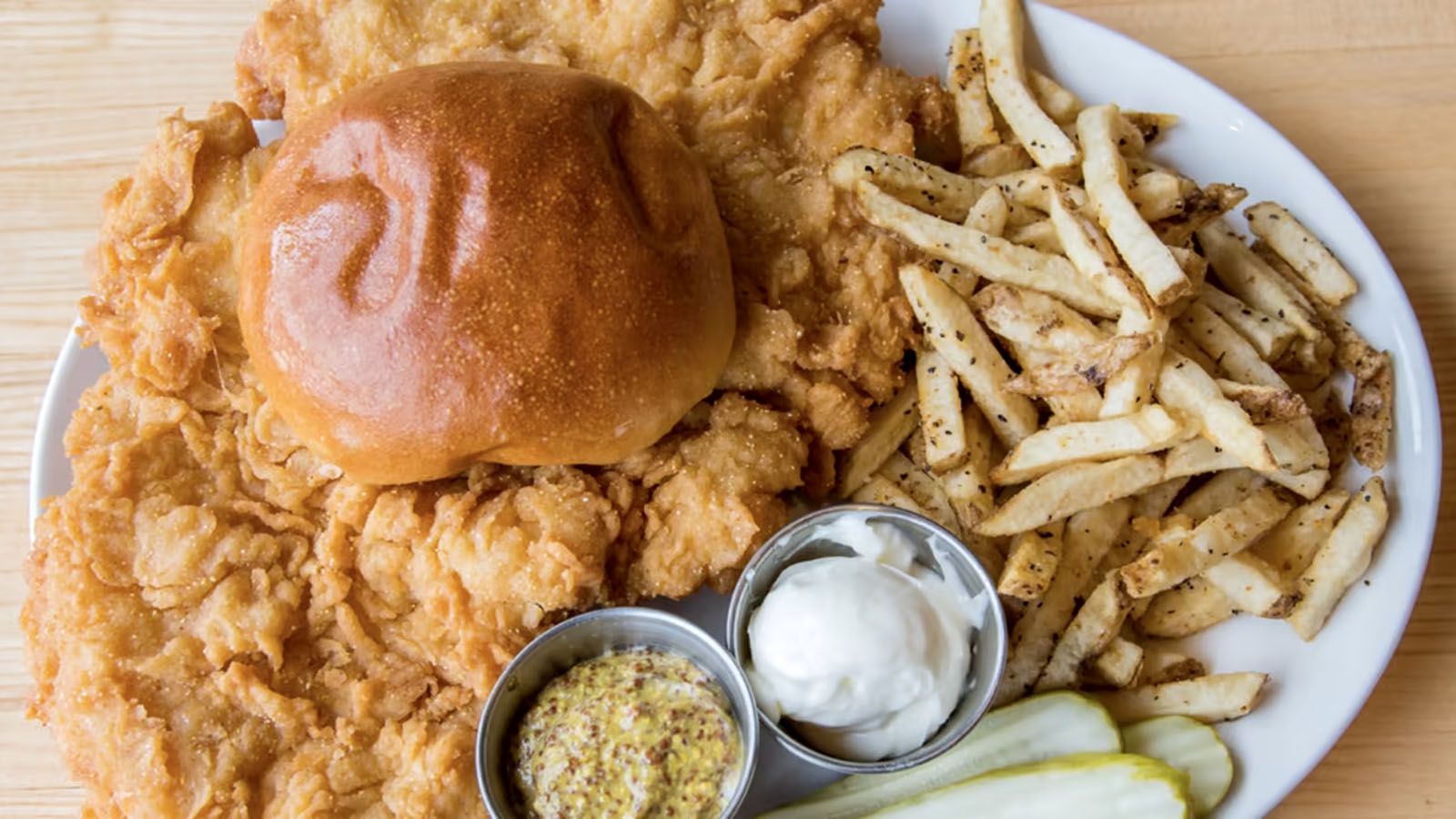Star basketball players spend their lives perfecting their skills and training their bodies. Network TV hosts toil for years in obscurity before bringing their personalities to the nation. Folk singers suffer anonymously in endless coffeehouses before their voices will be heard by millions.
Tom Chapin has been all of those and followed none of those paths. He is a master of opportunity: “If a door opens, you take it,” he said.
Seemingly immune to sibling rivalry, Chapin loves talking about his famous brother, Harry Chapin.
Harry was the international superstar creator of iconic 1970s classics “Cat’s in the Cradle” and “Taxi.” Tom loves talking about him because their family was always around music.
Harry Chapin at 80: A Retrospective
w/The Chapin Family
7:30 p.m. Wednesday, Oct. 18
Embassy Theatre
125 W. Jefferson Blvd., Fort Wayne
$45-$75 · (260) 424-6287
Their brother Steve Chapin played with Harry at the height of his fame, serving as his band leader, musical director, arranger, producer, piano player/multi-instrumentalist, and singer.
They all got their start as the Chapin Brothers, after they heard the foundational folk album The Weavers at Carnegie Hall in 1958.
After Harry’s tragic passing in a 1981 automobile accident while on his way to a benefit concert in New York, Steve toured with the band, singing Harry’s music.
The other generations of the family are musical, as well.
Their father, Jim Chapin, was a professional drummer. Tom’s daughters are a successful folk act called The Chapin Sisters. Harry’s daughter Jen has recorded several albums of jazz and folk vocals.
The entire performing Chapin clan will be on stage at Embassy Theatre on Wednesday, Oct. 18, for Harry Chapin at 80: A Retrospective.
Making most of opportunities
I sat down via Zoom with Tom to hear more about his background and what to expect from the show.
How did this show come about?
Tom Chapin: A couple of times a year, we had been getting together to do a concert of Harry’s music. We called it the Chapin Family Concert, and it was just for fun. We were encouraged to take it on the road, and it’s been going great. It’s actually four separate bands, and coordinating all this has been a lot of work, but it’s magical when we play together.
You’ve been a lot of things. A collegiate basketball star, a TV host, a writer, and a popular musician. How did that all come about?
Chapin: If a door opens, you take it. I didn’t play basketball for my high school team, but I was a good athlete and I played on the schoolyard. I was asked to try out when I got to (State University of New York at Plattsburgh) and I made the team. My first JV game was the first time I played full court, with referees. I ended up pretty good and made all-conference my senior year.
My TV career started because someone mentioned an opportunity and I went out and tried it. I had recently gone solo from my band, so that made me ready to be the opening act for everybody on the show. (Chapin hosted the Peabody and Emmy-winning ABC children’s show Make a Wish from 1971-76.) That show really started a new career for me. A lot of college kids loved the show, so suddenly I had a solo career touring colleges.
Then in the ’80s, I had a daughter who outgrew (children’s musician) Raffi and I thought, “There’s no music for kids and families to enjoy together in a car.”
Pop music is all rebellion and love songs, and that’s fine, but sometimes a parent doesn’t want to hear that with the kids. I got together with some other writers and we wrote a record called Family Tree.
Harry Chapin talked about activism as his legacy. Tell me about his work.
Chapin: In the last five or six years of his life, Harry really got into the hunger movement, and he formed WhyHunger, which is still doing wonderful work. Their mission is to put hungry people in touch with food and help them towards self-reliance. But it’s more than that. It’s about changing the way we treat hunger. Hunger is totally tied with justice. Something like 30 million Americans are food insecure right now, and 12 to 15 million of those are kids.
The best way to describe it is to go to the website at whyhunger.org. It’s one of the proudest things I do.
Transported by music
As we were wrapping up, Tom shared a story about his biggest influence, folk legend Pete Seeger.
“I met Pete Seeger at a funeral,” he said. “We happened to both be asked to sing at a funeral for my mother’s first cousin, who had gone to school with Pete’s wife. I’m standing backstage with Pete, who’s tuning up his 12-string. I said that I’d never really sung for someone at a funeral, and I didn’t know if I could. He looked at me and said, ‘Of course you can. You sing. Let them cry.’
“Pete came out and it was kind of quiet and then he just hit that 12-string and started singing, ‘For everything, turn, turn, turn. There is a season, turn, turn, turn…’ For me that was the first time where the perfect person is singing the perfect song, setting up the perfect moment. And you’re all just feeling … like the music takes you some place. So that has been a watch word for us.”
Tom is happy to tell you that he’s 78 years old. Harry would be 80 this year. But Tom gets positively giddy when he’s talking about this new project.
“This show is like a little festival in itself. Steven and I come out and do ‘Sunday Morning Sunshine.’ ‘Wow! It’s great!’ And then Steven, John, and I do a song, and then we pull out my daughters and you go, ‘Wow!’ And then out comes Jen with her little trio. They do these great songs wonderfully done.
“So, there’s like four bands… And yet, they’re all in the same family.”
